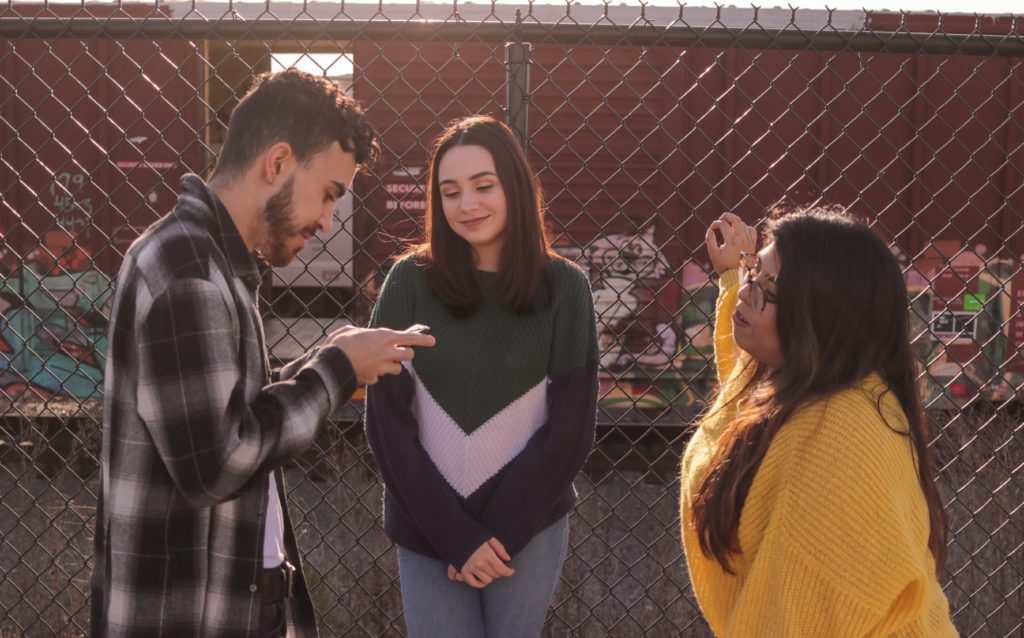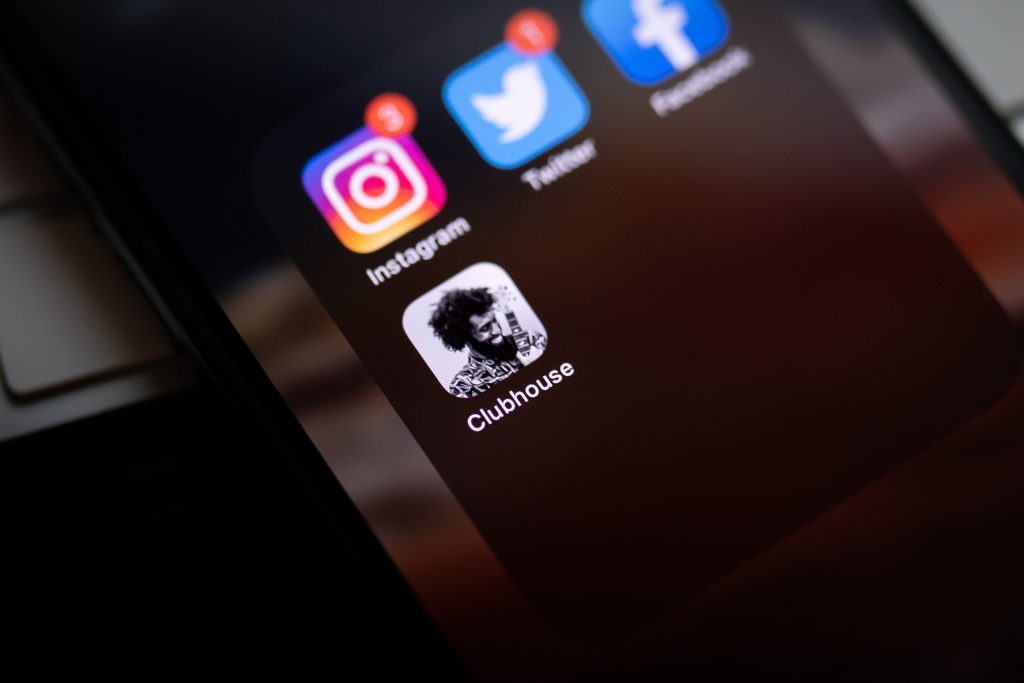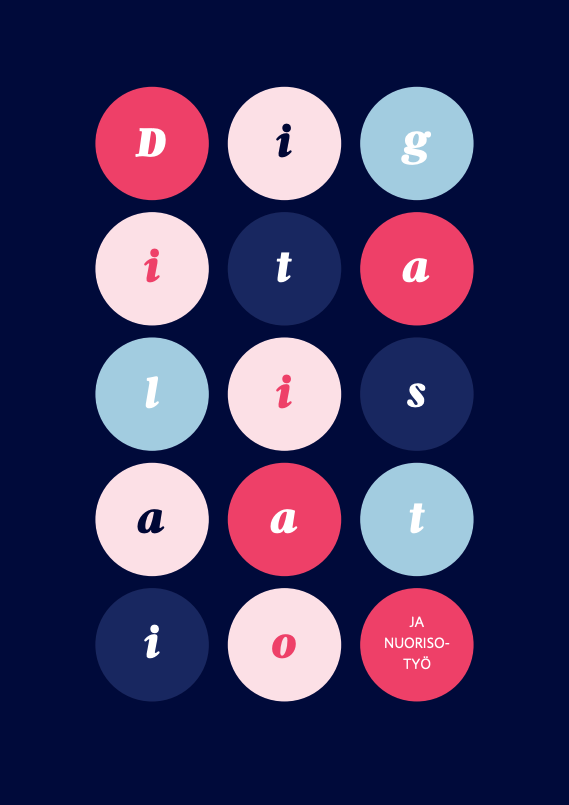This year’s media skills week will highlight young people’s media skills and challenge educators to analyse their ability to support them. We should also take time to examine how we understand the concept of young people’s media skills in the first place. Anyone who has followed the digitalisation trend and young people’s media use surely agrees that while the core of media skills remains much the same as before, the proliferation of individual environments and forms of media is such that the field is undeniably more complex these days.
Educators also find it difficult to keep up with development in digitalisation and technology, since it proceeds at such a breathtaking pace. However, it is a relief to know that the goal is not to be aware of the latest social media trends among young people or the next big development in digital media, but rather to gain an overall picture of the impacts that digitalisation has on young people’s lives. These impacts spread into every facet of young people’s realities.
Do you nap at the library?
Occasionally you still bump into the idea of young people as digital natives, who smoothly master all the necessary digital devices and services. The idea of young people knowing everything about the digital world simply because of their age is erroneous and nearly as hilarious as the idea of older people napping at the library and, as a result, knowing everything about the world.
The digital divide exists and is very real, even if we would prefer to think otherwise. However, it is not a question of age but should instead be viewed along the following lines:
- Access to technology
- Technology skills and competence
- Understanding of the inner workings of technology
Access to technology means whether young people have access to the same technological devices as their peers. For example, we easily assume that all young people now have smartphones, which is nearly the case. However, those young people in a more vulnerable position in other respects are also those whose phones do not necessarily run the latest applications. This exposes them to exclusion from social networks, among other things. The same is true of other technology. Some young people have access to a 3D printer and modern computer at home, which they can use to express their creativity and accumulate their technology skills. However, not everyone has the same opportunities.
There is a risk of rapid technological development creating inequality among young people. Who have the opportunity and skills to utilise technology and who do not? According to the values of youth work, we should build equality in society. This means that making technology accessible to all and increasing everybody’s digital competence should be a guideline of the operating culture in youth work. One of the basic tasks of youth work has been – and will probably continue to be – to ensure an equal distribution of opportunities between individuals and groups of young people. One way of doing this is to acquire digital technology equipment and make available to young people.
Media and technology skills and finding your own tribe
In today’s world, young people need more diverse skills to find their own communities and join them. Since one of the tasks of youth work is to help young people build social relationships, we must grasp a basic fact: these days, it is difficult to make friends or find communities to join if your digital interaction skills are inadequate.
As educators, we should take a critical look at our own activities and evaluate whether we really understand the dynamics of young people’s social relationships when they are mainly built and maintained online? Do we adequately understand young people’s media culture and the phenomena on social media?
Digitalisation brings new aspects to the challenges that young people deal with when growing up. When growing up, we compare our developing identity with what we see in the media around us, which these days includes the flood of stimuli on social media. Youth workers should support young people in critically analysing the media environment against which they compare their identity. The same is true of social influencing and growth towards active citizenship. It is, undoubtedly, difficult to influence society in the 2020s if you are not competent in modern means of influencing and cannot identify reliable information from the flood of digital data. Civic influencing often calls for a certain kind of technology, which brings us back to the idea mentioned under the previous heading about youth work equalising opportunities.
One way to define media education is to characterise it as goal-oriented interaction that strives to promote the learner’s media literacy. In this context, I would like to emphasise goal-orientedness: what do we want to achieve in youth work through our media education activities? Do we focus on individual media phenomena, or do we strive to support young people’s knowledge, attitudes, and skills in view of the overall impacts of technology and digital media? My own opinion is crystal-clear! To ensure that youth work continues to play a role in the different spheres of young people’s lives and at the intersection of these spheres, we must examine the impacts of digitalisation comprehensively.
From technology skills to digital life skills
In the youth work and educational discourse, digital skills have played a role mainly from the perspective of workplace skills. Digital skills indeed make a big difference to the future employment of young people. Even if everyone does not become a programmer or engineer, technology will always be present, in one way or another, in the future workplace. However, when talking about the digital competence of young people, we should focus especially on promoting digital well-being and digital life skills. It is not enough to promote technology-related digital skills alone.
As I have repeatedly pointed out, digitalisation has entered nearly every sphere of young people’s lives. In this day and age, understanding the underlying technology is an essential part of media skills. All of us need to understand, for example, the logic behind the programmatic and technological solutions that filter the information displayed to us. Earlier, one of the essential ideas in media education and criticism was to understand that news-like content may be politically or ideologically biased. Today, it is important to understand that many media environments essentially show us only one aspect of the big picture. Once we understand that we are provided with information filtered by an algorithm, which is supposed to keep us in the service for as long as possible, the overall picture of the volume of information begins to look quite different. For young people to be more active agents in our increasingly technological world, they must be able to use technology to their benefit. This is difficult, or downright impossible if they lack an understanding of technology.
Youth work can and must have its own approach to supporting the digital competence of young people. If digital technology can be interwoven into daily youth work activities, we are in an excellent position to support young people in gaining broad-ranging digital competence. Contrary to the school world, we are not guided by strict learning outcomes. This enables us to analyse the impacts of digitalisation on young people’s lives much more comprehensively than is possible in formal education. We have the potential and competence to identify challenges related to young people’s lives and help them build resources for facing and dealing with challenges in the best possible way. In its role as a provider of leisure activities, youth work can also reach and inspire youngsters who are basically not interested in hobbies related to technology and can break traditional gender roles in leisure activities.
However, you should not rush headlong into media projects, maker activities, or other digital youth work approaches until you have clarified your organisation’s vision and goals for youth work (including media education). As long as youth work makes careful and goal-oriented use of the opportunities provided by digital media and technology, young people can be offered an operating environment in which they get to develop their digital competence as well as strengthen their self-expression, creativity and social skills. These are all skills that they will need in the future.
Read more about this topic in Verke’s latest publication on the aspects that youth workers need to know. You can read the book (in Finnish) in PDF format, order it for free or read an abridged version of it at www.nuorisotyö2030.fi.





